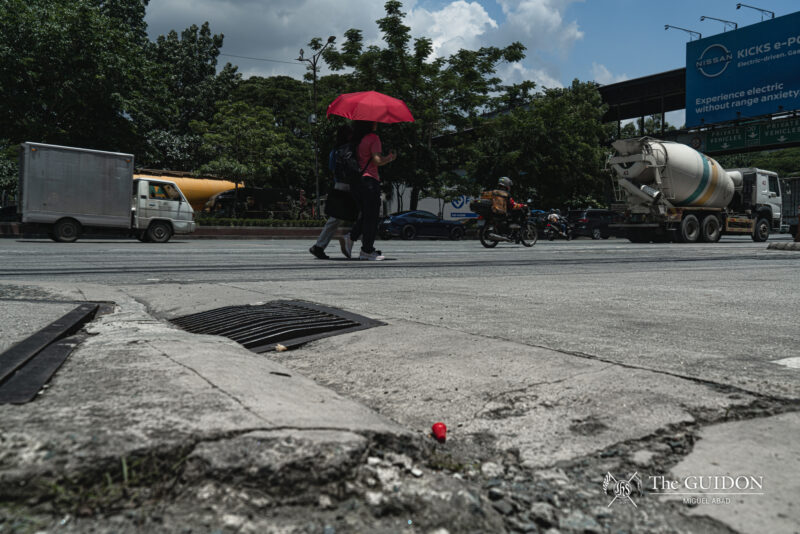As the world mourns the passing of Nelson Mandela, who emerged as an icon of interracial reconciliation and fundamental human rights after decades of opposing an apartheid regime, we should bear in mind how he consciously curtailed his tenure at the helm of South Africa’s government upon assuming the presidency in 1991. Given his moral stature and tremendous popularity at home and the world over, he could have very well become a permanent fixture in the South African government—extending his presidency beyond his first term in office while retaining a modicum of undisputed legitimacy. In old age and frailty, he could have also groomed his spouse or children to continue his legacy, and use his influence within the African National Congress (ANC), the dominant post-apartheid party, to catapult his family members to the top positions in the government. And yet he didn’t.
In Mandela’s view, the creation of political dynasties or any form of political monopoly was an inherently anti-democratic practice—an anathema to social mobility and genuine political contestation. He only needed to look across post-colonial Africa and vividly detect how political dynasties, corruption and democratic decay have gone hand in hand, simply because some leaders chose to turn the government into a personalistic regime. As confident as he was in his vision for South Africa, and as meritocratic and defensible it would have been for Mandela and his family members to continuously dominate the political landscape, he recognized the corrosive impact of family-centered political enterprises.
The Mandela family ultimately chose to become a symbol of moral integrity and an apolitical source of spiritual nourishment for South Africa’s fledgling democracy. This is why Mandela was not only the last great leader of the 20th century, who now belongs to the ages, but also an idea that represents a model for political leadership in any democratic system.
And this brings us to the Anti-Dynasty bill in the Philippines, which recently managed to garner swift support in the Committee on Suffrage and Electoral Reforms at the House of Representatives. Essentially, the bill seeks to prohibit relatives up to the second degree of consanguinity to run for or occupy national and local posts in simultaneous, overlapping, or successive terms, though barangay officials are exempted.
As historic as it sounds, in 2007 a similar bill actually enjoyed committee-level support but was turned down in plenary deliberations. Proponents of the current bill fear a similar fate once the measure is subjected to the intervention of dozens of lawmakers who hail from major political dynasties.
Sure, the Philippines is not the only country with political dynasties; just look at the United States, India, and Japan, and you can easily spot a number of prominent families, from the Kennedys to the Gandhis and Clintons, who have been at the center of national political drama for decades. But the difference is a matter of sheer scale and gravity.
One of the most distasteful aspects of Philippine politics is actually the unchanging makeup of the political landscape, with roughly 178 families ruling 73 out of 80 provinces. The economic landscape, unsurprisingly, reflects the oligarchic nature of political institutions, since elections are as much about political influence as they are about protecting the economic interests of political dynasties and their patrons: 40 richest families control up to 76 percent of the GDP—the highest rate of wealth concentration in (a highly unequal) Asia!
But 2013 is not 2007. Today, the country is undergoing a profound political transformation, with millions of netizens and middle class Filipinos constantly mobilizing against corruption and calling for accountability in state institutions. It was precisely such unprecedented level of political activism that forced the legislators to abandon their much-coveted Priority Development Assistance Fund (PDAF)—a decades-old vehicle for corruption and nepotism. And in many ways one could say that the mid-November Supreme Court ruling on PDAF’s unconstitutionality was simply a reflection of the popular impulse.
Despite all his shortcomings, people must recognize that it was President Benigno Aquino’s “good governance” initiatives, which have opened the door for a sincere reconfiguration of our decaying democratic institutions. But as he faces growing criticism over his alleged mismanagement of the Disbursement Acceleration Program (DAP)—and, for other critics, over the relatively hobbled response of the state to the Haiyan tragedy—Aquino is suffering from declining popularity.
Democracy is about a healthy exercise of popular scrutiny over the conduct of political leaders, but if there is one thing that history shows us is this: Democratic deepening involves a concerted effort between the civil society and a reformist political leadership to overturn a bankrupt political order, otherwise reactionary forces will effectively thwart any attempt at genuine change.
Today, what we need more than ever is a partnership between the people and the Aquino administration. No government is perfect, and the Aquino administration has a whole host of structural problems to disentangle. Instead of criticizing the government for a whole host of issues, which transcend the agential capacity of a single political leadership, we should heed former US President John F. Kennedy when he famously said: “Ask not what your country can do for you; ask what you can do for your country.”
Richard Javad Heydarian is a lecturer at the Department of Political Science, and a columnist for Asia Times and Huffington Post.



